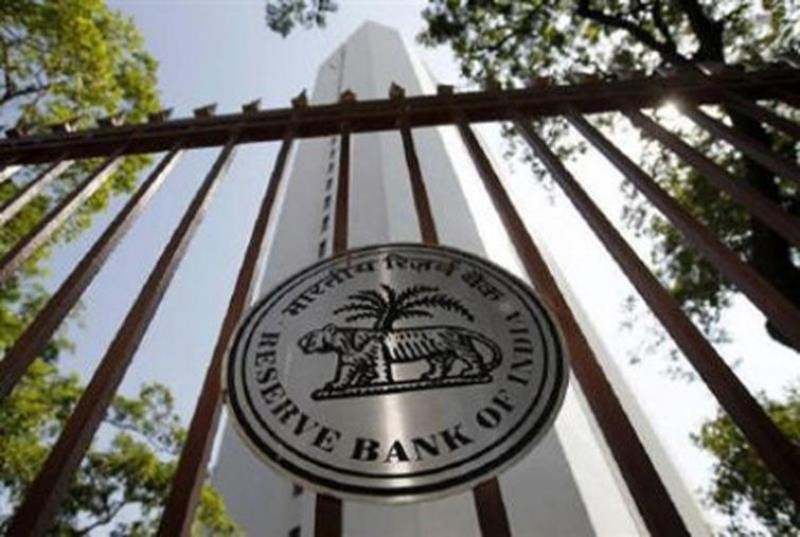
Banks seek RBI nod for new swap benchmark to replace MIBOR
Mumbai: A group of Indian banks has approached the Reserve Bank of India (RBI) seeking approval for a new benchmark to be used in overnight indexed swaps, according to individuals familiar with the discussions, according to a Bloomberg report.
The proposal suggests replacing the existing Mumbai Interbank Outright Rate (MIBOR) with the newly-proposed Secured Overnight Rupee Rate (SORR) as the reference rate for swaps, the sources said, requesting anonymity as the matter is private.
This initiative aims to enhance price discovery in the interest-rate swap market, a critical but opaque segment of the financial system that aids banks and corporations in managing risks.
An industry body initiated discussions with banks earlier this month to develop the SORR.
Once the rate’s framework is finalised and market conventions are established, swap trades linked to the SORR could commence, the report said, citing sources.
The adoption of SORR could result in two benchmarks for overnight derivatives, offering banks a choice of reference rates.
The RBI, which oversees interest-rate derivatives, approved the development of the SORR on December 6, highlighting the importance of bolstering the credibility of interest-rate benchmarks, said the report
Shift to repo-based benchmark
Banks argue that MIBOR has become less suitable for the swap market because it relies on uncollateralised transactions, which have experienced a steep decline in volumes over the past decade.
In contrast, the SORR would be based on repurchase agreements, where daily volumes in India's tri-party repo market and bilateral repo market stand at Rs 3 trillion ($35.3 billion) and Rs 1.4 trillion, respectively, according to the Clearing Corporation of India Ltd (CCIL).
These volumes have surged over 400% in the past ten years, the report stated.
India’s repo markets attract a diverse range of participants, including mutual funds and insurance firms, which have expanded alongside the country’s economic growth.
Meanwhile, the interbank call-money market, the basis for MIBOR, is limited to banks and primary dealers, and its daily trade volume has dropped by 31% over the last decade to around Rs 106 billion, according to CCIL data.
Transitioning fully to the SORR would require time and consensus on several key aspects, such as legal considerations and client preferences for existing positions, the sources noted.
Support Our Journalism
We cannot do without you.. your contribution supports unbiased journalism
IBNS is not driven by any ism- not wokeism, not racism, not skewed secularism, not hyper right-wing or left liberal ideals, nor by any hardline religious beliefs or hyper nationalism. We want to serve you good old objective news, as they are. We do not judge or preach. We let people decide for themselves. We only try to present factual and well-sourced news.







